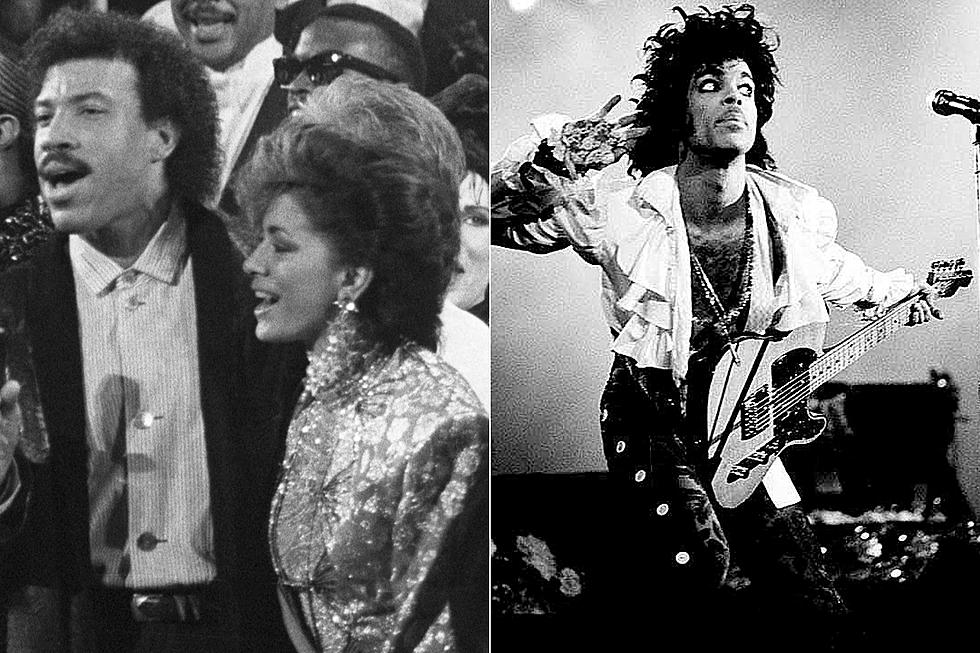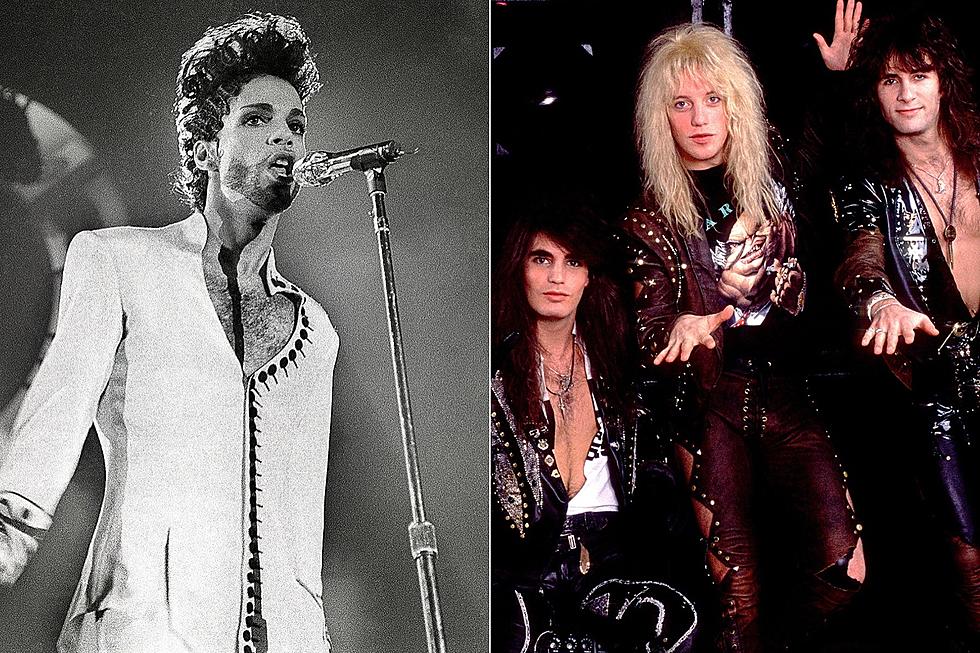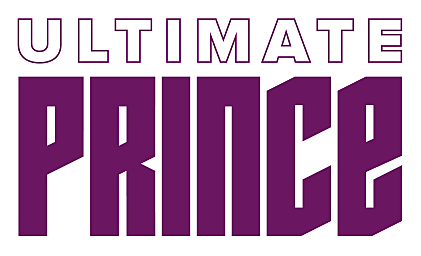
After Firing the Revolution, Prince Starts a One-Man ‘Housequake’
"Housequake" was a throwback blast of funk, a declaration of independence from the recent past, and the first utterances of a brand-new voice for Prince.
Recorded on the day after he abruptly fired the Revolution, the song found Prince playing every instrument except horns, in a show of force – even while undertaking one of the earliest experiments with Prince's high-pitched, then-new Camille persona. Yet he sounds downright ecstatic, inhabiting a hilarious diss-tossing new persona amid James Brown band-style stabs and a hollow, booming beat.
The song's actual genesis appears to remain in question – some have said it grew out of a late-night jam with the Bangles, who had earlier recorded his song "Manic Monday" – but what's certain is this: "Housequake" opened up a fresh creative stream for Prince.
"It was one of the songs he spent a long time on, which usually meant – I assume – that the song was one he considered especially important or he particularly enjoyed working on," long-time engineer Susan Rogers later recalled. "It came at a time when there were other changes in his life; his musical instruments, his style, his colors, and the people around him were evolving. It is only my guess, but I think 'Housequake' represented a new idea in dance music for him."
Hear Prince Perform "Housequake"
Specifically, Prince incorporated his first real experiments with hip hop (and perhaps his most successful), even while remaining in firm control of every element of the recording process. "Damn, shut up!" Prince squeals, to open the song. Later, he adds: "Question: Does anybody know about the quake? Bulls---!"
At first, as plans for a multi-disc album called Dream Factory were shelved with the Revolution's exit, Prince seemed to retreat into his own muse through the use of tape effects and this new persona. Speeding up his vocals gave him a completely different sound, and Prince at one point intended to release an entire album as Camille. He quickly assembled a self-titled album – only to quickly scrap it for some unstated reason, even though Camille already had a cover image and catalog number.
Reality quickly drew him back out again, however, when Warner Bros. rejected Prince's replacement album – a three-disc release titled Crystal Ball – as being too bloated. "It was one of those rare meetings where the label executives actually came to the studio," Rogers told Rolling Stone. "He was upset about it. Then he accepted it and we moved on."
Prince smartly edited Crystal Ball down to a definitive two-disc album, issuing the results as Sign 'O' the Times. "Housequake" ended up there, as the third track on the first side. (In fact, all of the Camille songs were officially released – either on Prince's next album, as a b-side, on a movie soundtrack or via the NPG Music Club.)
Still, Prince emerged with a different attitude. "I delivered three CDs for Sign 'O' the Times," he said in Prince: Life and Times. "Because people at Warner were tired, they came up with reasons why I should be tired, too. I don't know if it's their place to talk me in or out of things."
The seeds of a years-long dispute that eventually saw Prince separate from the label, then change his name to an unpronounceable symbol, were sown. In keeping, Prince refused to release this song – or the gorgeous "Adore," for that matter – as singles, though both seemed like sure-fire hits. He didn't tour behind Sign 'O' the Times in the U.S. either, choosing instead to play Europe in the summer of 1987.
More From Ultimate Prince










